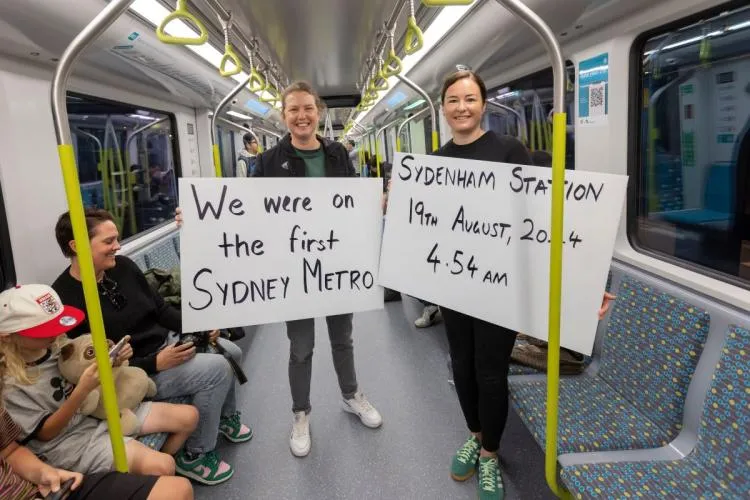After a long wait for the green light from the central government, the much-anticipated electronic road pricing (ERP) system is expected to be implemented in Jakarta city in 2013, governor Joko Widodo has said. The ERP system is intended to discourage motorists from using private cars and opt for public transportation instead. The initial plan is for the ERP to be implemented on roads in the current “three-in-one” car-pooling zones and replace the city’s old car-pooling system. Under the three-in-one syste
October 30, 2012
Read time: 2 mins
After a long wait for the green light from the central government, the much-anticipated electronic road pricing (ERP) system is expected to be implemented in Jakarta city in 2013, governor Joko Widodo has said.
The ERP system is intended to discourage motorists from using private cars and opt for public transportation instead. The initial plan is for the ERP to be implemented on roads in the current “three-in-one” car-pooling zones and replace the city’s old car-pooling system. Under the three-in-one system, cars must have at least three passengers on board to enter main roads in Jakarta during weekday morning and afternoon rush hours.
According to Joko, an on-board unit will initially be installed in vehicles to impose debit payments automatically on drivers who use certain roads at certain times.
The Indonesian city has said that a charge of US$0.68 to US$2.18 per trip charge reflected inflation and economic growth and would be sufficient to cut the use of private vehicles, based on a survey of motorists and the tolls charged by turnpikes and ERP systems in other countries.
The ERP system is intended to discourage motorists from using private cars and opt for public transportation instead. The initial plan is for the ERP to be implemented on roads in the current “three-in-one” car-pooling zones and replace the city’s old car-pooling system. Under the three-in-one system, cars must have at least three passengers on board to enter main roads in Jakarta during weekday morning and afternoon rush hours.
According to Joko, an on-board unit will initially be installed in vehicles to impose debit payments automatically on drivers who use certain roads at certain times.
The Indonesian city has said that a charge of US$0.68 to US$2.18 per trip charge reflected inflation and economic growth and would be sufficient to cut the use of private vehicles, based on a survey of motorists and the tolls charged by turnpikes and ERP systems in other countries.










